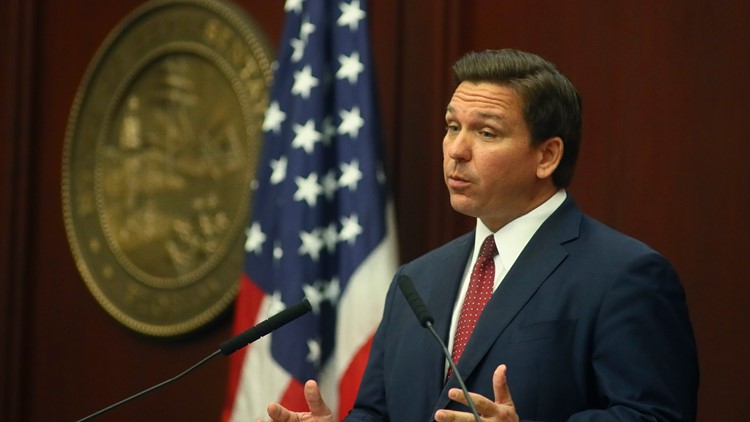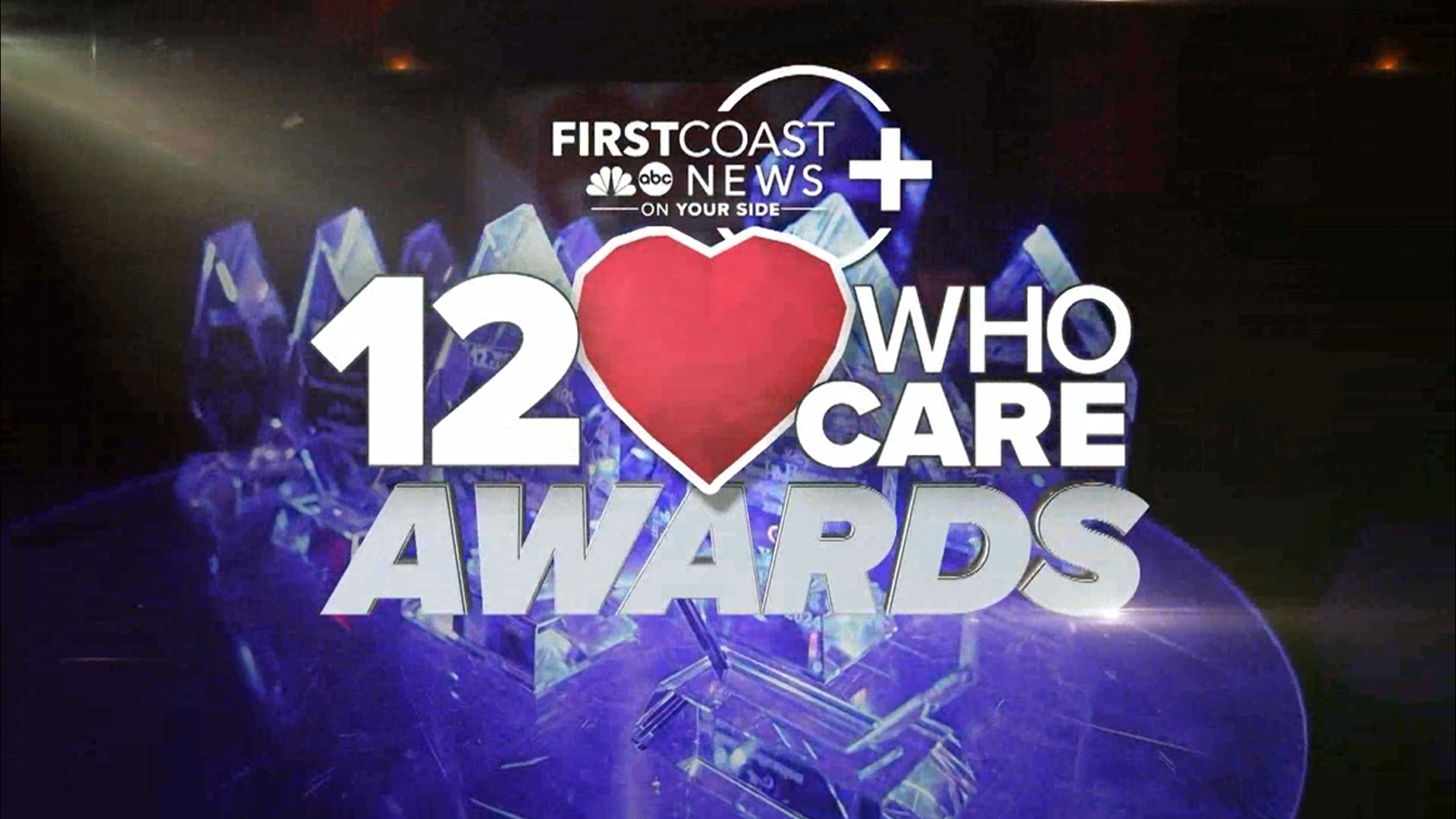TALLAHASSEE, Fla. — Florida Gov. Ron DeSantis held a public health roundtable in Tallahassee Thursday morning, where he invited a panel of scientists and researchers to weigh in on issues surrounding the COVID-19 pandemic.
The governor was joined by former Trump White House coronavirus advisor Dr. Scott Atlas, epidemiologist Professor Sunetra Gupta, and scientific researchers Dr. Jay Bhattacharya and Dr. Martin Kulldorff at the Florida State Capitol.
A big theme of the roundtable was fear -- which that particular panel said was induced by both media and public health officials. The scientists largely rejected the steps taken by the U.S. to try to control the virus and expressed that more harm than necessary was caused by the public fear that developed around COVID-19.
They did, however, agree with Florida's approach to remain open and to prioritize seniors on the vaccination front.
The governor asked the experts how they felt about different elements of the pandemic response, like lockdowns and masks. Here's what they had to say:
Do lockdowns work?
All of the members of the panel were in agreement in saying that they believe evidence has made it clear that lockdowns have not been effective in stopping the spread of COVID-19.
Dr. Jay Bhattacharya called lockdowns “the single biggest public health mistake in history" and said that they failed to protect vulnerable populations.
Professor Sunetra Gupta argued that a “focused protection strategy” for those at high-risk for infection would have been a more effective strategy.
However, Reuters says some studies have suggested lockdowns may have saved millions of lives around the globe. While acknowledging the impact lockdown measures can have on mental health and personal finances, many experts believe lockdowns did reduce transmission of SARS-Cov-2.
What about the use of contact tracing?
Dr. Martin Kulldorff said that contact tracing is an effective tool for certain infectious diseases, but to think it could be useful for this pandemic was “naïve to the max."
Kulldorff said it actually reduced the public's trust in health officials, making it harder for them to trace infectious diseases in the future.
Dr. Scott Atlas called contact tracing the "completely wrong strategy."
Meanwhile, the CDC still calls contact tracing a key element to slowing the spread of COVID-19 by alerting people to possible exposures and encouraging them to get tested and self-isolate.
Should schools be open?
Scientists at the roundtable said that schools should be open, as evidence shows that the virus is not spread as easily by children.
"We should open every school in the united states immediately, with no restrictions," Dr. Bhattacharya said.
Dr. Kulldorff added that "children should not wear face masks."
Do masks work?
Dr. Bhattacharya said that masks do not work and felt that they have in some ways caused more harm by creating social division.
Professor Gupta said that it could be “psychologically deeply damaging” for kids to wear masks.
But, other health experts have repeatedly advocated for mask use. The CDC recommends Americans wear masks when around others as a way of helping limit the spread of coronavirus.
PolitiFact has called mask-wearing most effective as a form of "source control" by helping to prevent infected people from transmitting the virus to other individuals.
Are vaccine passports a good idea?
The members of the panel agreed requiring proof of vaccination for travel would not be a good idea as many people who have already been infected with the virus have built a natural immunity and would not be getting the vaccine.
Dr. Bhattacharya called the idea of vaccine passports, Dr. Bhattacharya a "new vaccine Jim Crow."
Gov. DeSantis ended the roundtable discussion by touting Florida's response to the virus, and saying that the best approach going forward would be to present the public with information about the virus and allow them to make decisions about how they want to respond.
What does the CDC say?
The CDC recommends that you wear a mask and stay at least 6 feet from others to protect yourself and those around you from the spread of COVID-19.
You should also avoid crowds and poorly-ventilated spaces and get a COVID-19 vaccine if you can, according to CDC guidelines.
You can visit the CDC's website for a full list of recommendations on how to protect yourself and others from COVID-19.
- Study: 3 feet of distance in a classroom could be enough to limit the spread of COVID-19
- Gunman who killed 8 at Atlanta-area spas was also planning attack in Florida, authorities say
- Gov. Ron DeSantis: Florida 'not anticipating' getting more J&J vaccine 'anytime soon'
- Biden eyes 'small to a significant tax increase' on incomes over $400,000
- People who are homeless can receive stimulus checks
- The Greek alphabet will never be used for hurricane names again, WMO says
►Breaking news and weather alerts: Get the free 10 Tampa Bay app
►Stay In the Know! Sign up now for the Brightside Blend Newsletter



